A SHORT HISTORY OF ENGLAND
Also by Simon Jenkins
Englands Thousand Best Churches
Englands Thousand Best Houses
A SHORT HISTORY OF ENGLAND
SIMON JENKINS
In association with  National Trust
National Trust

First published in Great Britain in 2011 by
PROFILE BOOKS LTD
3A Exmouth House
Pine Street
London EC1R 0JH
www.profilebooks.com
Copyright Simon Jenkins, 2011
10 9 8 7 6 5 4 3 2 1
Book design by James Alexander
www.jadedesign.co.uk
Printed and bound in Italy by Graphicom
The moral right of the author
has been asserted.
All rights reserved. Without limiting the
rights under copyright reserved above, no
part of this publication may be reproduced,
stored or introduced into a retrieval
system, or transmitted, in any form or
by any means (electronic, mechanical,
photocopying, recording or otherwise),
without the prior written permission
of both the copyright owner and the
publisher of this book.
A CIP catalogue record for this book is
available from the British Library.
ISBN 978 184 668 461 6
eISBN 978 184765 756 5
Contents
Introduction
I HAVE ROAMED ENGLAND all my life. I have climbed Cornwalls cliffs, wandered Norfolks marshes and walked the Pennine Way. I know Englands cities and towns, churches and houses. For all that, until recently I did not really know England, for I was not aware of how it came to be. My England was a geographical stage set, a backdrop for events and characters familiar from my childhood: Alfred the Great, the Norman conquest, Magna Carta, Agincourt, Henry VIIIs wives, Good Queen Bess, Cromwell, Gladstone, Disraeli, the Great War, Winston Churchill. Each stood as a magnificent moment in time, but they did not join up. They lacked a narrative.
I set out here to tell that narrative as simply as possible. I was helped by finding it exhilarating. Englands history, its triumphs and disasters, must be the most consistently eventful of any nation on earth. Its origins lie in the Dark Ages, and possibly before, in the occupation of the eastern shores of the British Isles by Germanic tribes from the continent. They brought with them the name of Anglii, probably from the angle of the coasts of Germany and Denmark. Their settlement on the north-east coast was named Angle-land and later England. These newcomers quickly drove the earlier inhabitants, so-called ancient Britons, to the west and north, to beyond Hadrians Wall, the Welsh uplands and the Irish Sea, forming boundaries of England that have remained roughly constant ever since.
The English were themselves invaded by Vikings and by Normans. But while they had obliterated their British predecessors, they kept their Anglo-Saxon culture and language through all subsequent incursions. They were astonishingly resilient, aided by the security of an insular geography and the seafaring enterprise often shown by island peoples. They quickly evolved a common language, common laws and a common system of government, rooted in a tension between the Saxon autonomy of kith and kin and the Norman tradition of central authority. That tension is a leitmotif of my story. England was a nation forged between the hammer of kingship and the anvil of popular consent, a consent regularly withheld, not least by the Celtic half of the British Isles which came to form the first English empire. The result was such conflicts as led to Magna Carta, the baronial wars of Henry III and the Peasants Revolt, culminating in the religious and political revolutions of the Tudors and Stuarts. These revolutions resolved into a constitutional monarchy subject to a parliamentary democracy that was to prove the most stable in Europe.
The story was not always happy. Relations with France, the land of the Norman conquerors, were mostly dreadful, with conflict throughout the Middle Ages and again in the eighteenth century. Most British rulers understood the need for a defensive rather than aggressive stance towards the outside world. Yet from the Plantagenets to the elder and younger Pitts, the craving for overseas domain rarely dimmed. It led Britain to amass the largest empire the world had ever seen. It brought much glory and helped bind together the peoples of the British Isles in a united kingdom of shared endeavour, whose legacy continues to this day. But the British empire came at a price and lasted barely two hundred years. In the twentieth century Britains global dominance passed to its offspring, America, leaving behind as a tidemark the extent of spoken English. Britain then declined, to become a relic of its former greatness and something of a poseur as a world power, its sovereignty compromised by European government and by the disciplines of a global economy. I return to these themes in my epilogue.
This is specifically a book about England. I regard Wales, Scotland and Ireland as countries with their own histories. They have spent less than half their existence as components of a union of Great Britain and Ireland, an embrace that tends to subordinate them in conventional histories of Britain. But England is a country in its own right, different from its neighbours and with a people who call themselves English in differentiation from Scots, Welsh and Irish. Only when referring to all these collectively do I use the terms Britain and Britons. Indeed England is now part of two confederacies, of the United Kingdom and of the European Union, with separate assemblies and variable tiers of sovereignty. To be British and to be European is to be a legal member of one of those unions, and to become British is to sign a piece of paper. To be English is more a matter of self-definition, identifying with a distinctive culture and outlook as well as geography. To become English is a matter of assimilation, which can take a few years or a few generations. The genius of Englishness is that it encompasses all origins and races, but in a culture specific to the territory defined by the original Anglo-Saxon occupation.
The English have never been good at describing themselves. In the age of imperial confidence they did not feel the need. Today most of them dislike seeing themselves as Europeans, but they are no better at defining themselves as against their Celtic neighbours. They waged wars of suppression against Wales, Scotland and, with peculiar brutality, Ireland. At the start of the twenty-first century they find themselves with Ireland mostly detached and Scotland and Wales semi-detached, politically as well as culturally. The English component of the United Kingdom is thus left in a strangely anaemic limbo. It has no parliament or distinctive political institutions of its own. To refer to England and the English as distinct from Britain and the British is often treated as hostile to the cosmopolitanism implied by the union, even as racist. The English flag of St George has acquired a tinge of chauvinism and xenophobia and been adopted by the far right. I find this absurd. England is a country entitled to define itself and take pride in doing so. I believe that definition should begin with a narrative of its history.
To some, history is a matter of chance, to others it is fashioned by heroes and villains, and to others it is buried in geography, economics, even anthropology. There are many ways of a telling a nations story, with a current fashion for the personal and controversial. There are histories social, cultural, popular and, in Englands case, imperial. But a short history can only be selective, and the selection will be mostly devoted to politics. A nation is a political entity and its birth and development form a narrative of those who deployed power within it, be they monarchs, soldiers, politicians, the mob in the street or, more recently, the mass of voters. I regard history as more than a straight chronology but as links in a chain of cause and effect. It is this chain that holds the secret of how England came to be where it is today.
Next page

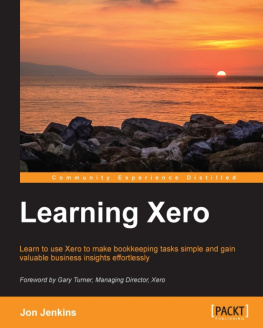
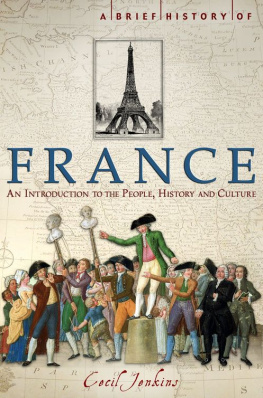


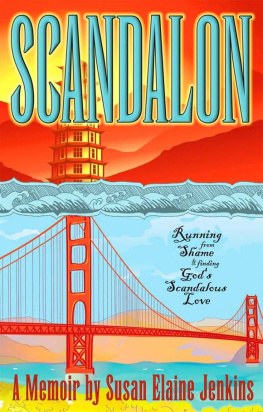
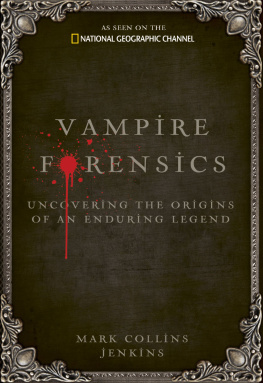
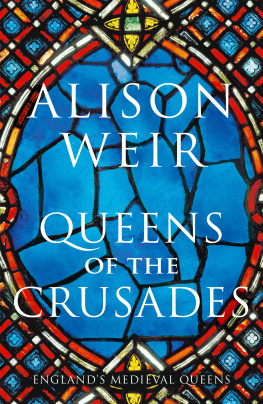
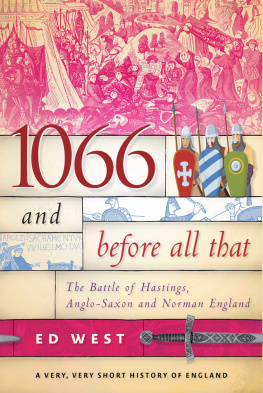
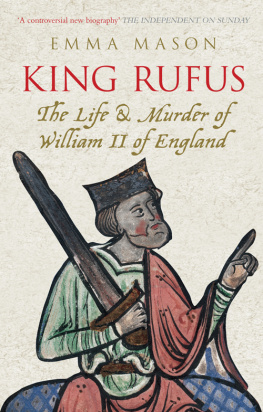
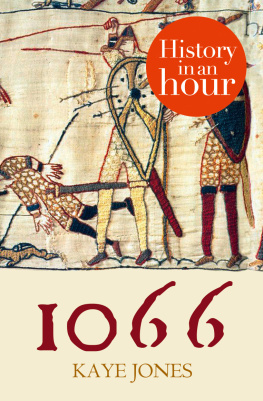
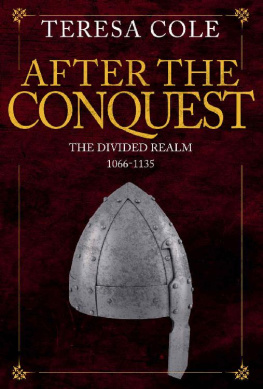
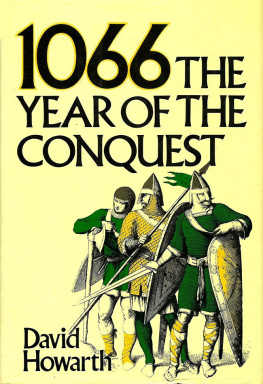
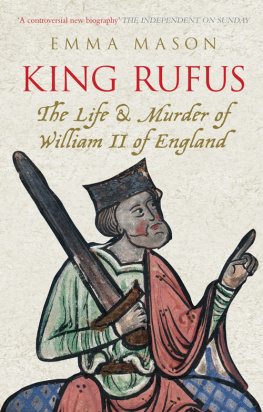
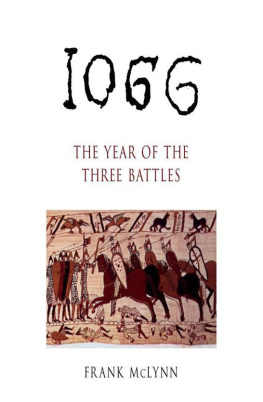
 National Trust
National Trust